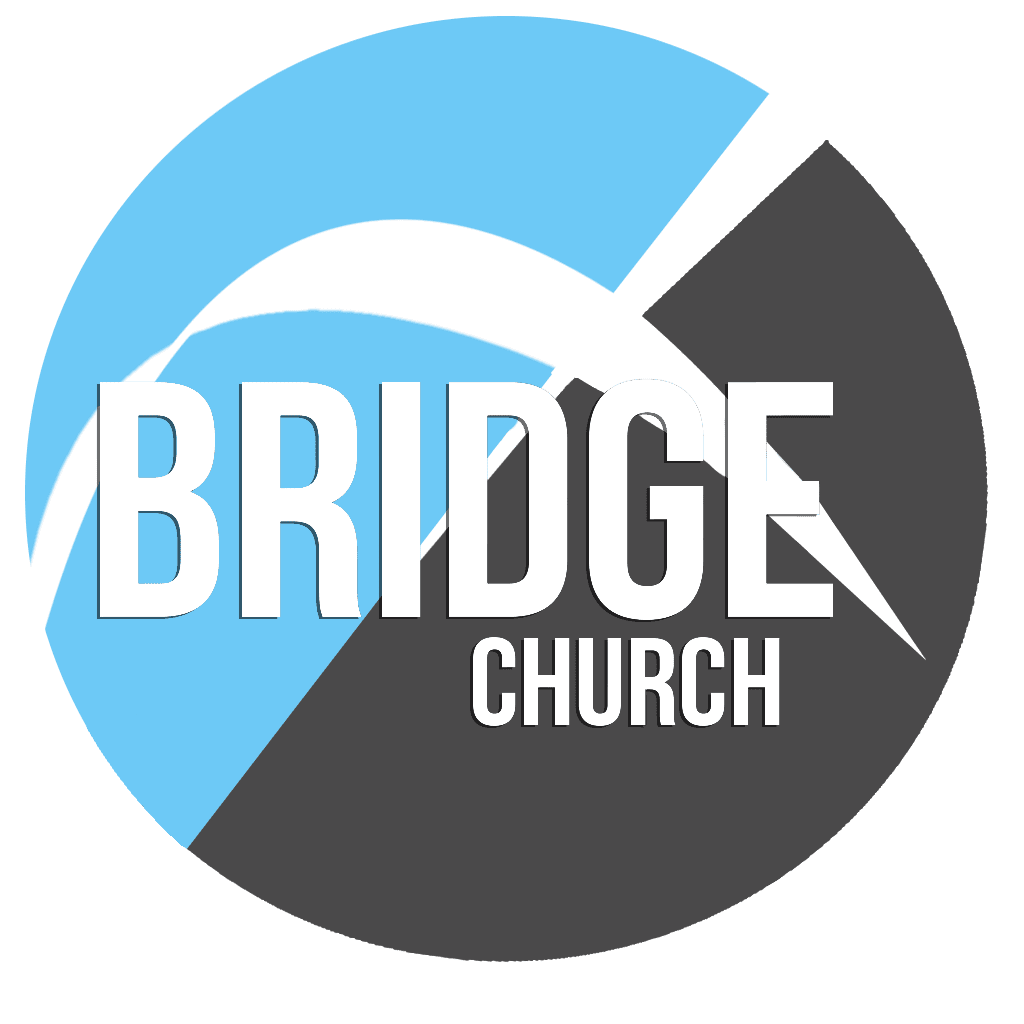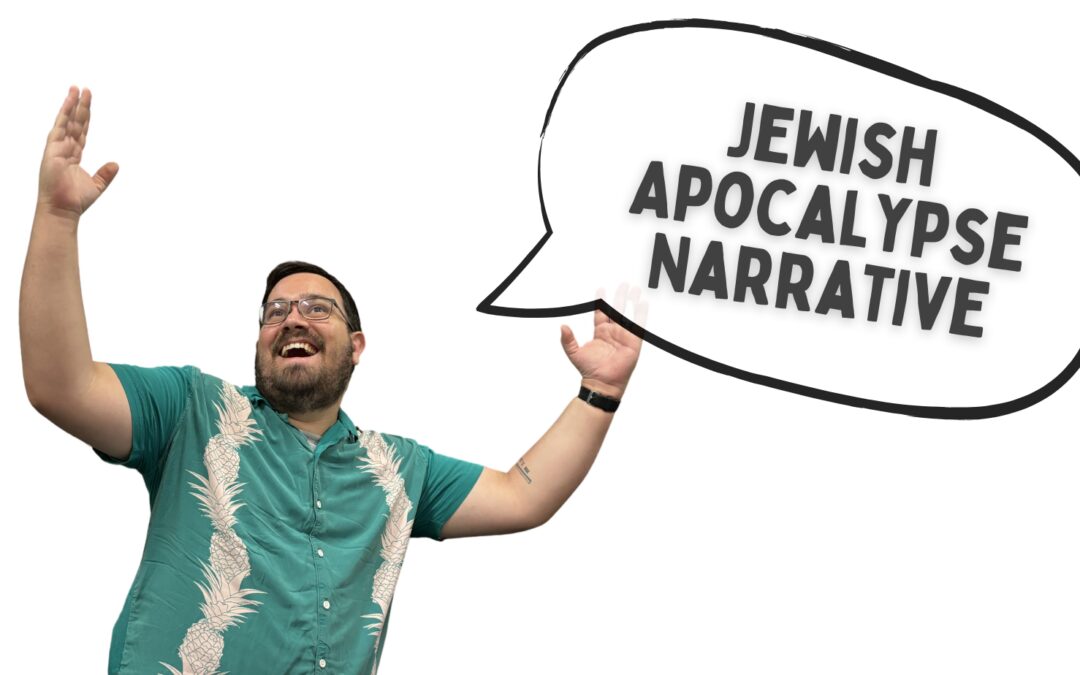Hello & Welcome! Today we’re continuing our series on apocalypses, if you haven’t read the previous post, I recommend you go back and take a gander as I will be referring to some things from that post. If your new to the blog allow me to explain, I’m the pocket theologian and here we like to take a theological or philosophical topic and talk about it in as much time as it takes to do it justice. Today we’re tackling the Jewish apocalypse narrative: the “end of days”, what roles it’s played in Jewish culture, and how this narrative influenced Christianity.
So to sum up this series a bit, so far we talked about apocalyptic narratives in general, we looked at such tales as Ragnarok, the final assault of Zorastrianism, the 12 days of Rome, and a few others. And through that analysis we discovered three characteristics that bind most apocalyptic literature together. Those three characteristics were:
(1) A general depravity: where everyone turns away from what is good, and only a few devout remain;
(2) Prophecy: where one or several individuals see the end coming, and try to warn people about it; and
(3) Redemption: everyone and everything is fixed and everyone is happy yay.
At the end of this post, we’ll take these characteristics and see how they apply to the Jewish “End of Days”. With all this out of the way, let’s talk some apocalypse!
So the Jewish source for the end of the world and the end times mostly comes from the Hebrew Bible, or the Tanakh as it’s called within Judaism. Now for those who remember our canonization post, you’ll know this is NOT the same thing as the English Christian bible. This bible is specifically for use within Judaism, thus it does not possess an New testament, and is written and spoken in Hebrew. So let’s get that straight before we get too far. With some elaboration from the Talmud, which is basically commentary and explanations for what’s in the Tanakh.
Within the Tanakh there are several books that speak on the End of Days, specifically Isaiah, Jeremiah, Ezekiel, which all have a host of prophecy related to what happens and how. The main timeline or series of events of the End of Days mostly flows with a series of events that will trigger the end of days, and finally the end of days itself:
So the world will progress along two possible paths, one is that the world will live righteously and the messiah will arrive and begin ushering in a new world of peace and justice. That’s the good scenario. where the end of days is never triggered, and all the good stuff simply happens anyway. This is doubted is some Jewish scholarly circles.
The other is the idea of the world turning it’s back on God, and his virtues. This is the trigger for the end of days.
So after this, due to vast hatred of the Jews, the Jews will all come together from across the Diaspora and form one uniform Jewish identity again. Now again this may or MAY NOT be the nation of Israel in the middle east today. Some Jewish scholars believe it’s a possibility while many others think that it definitely is not.
With everything descending into chaos, until eventually everyone decides to turn on the Jews. With the King Gog in the land of Magog leading the world in a final battle against the Jews in Jerusalem. Now the Jews will be defeated but evil will be destroyed as well. Leading to a better world emerging from the ashes, the Jews will be carried away in chains and spend a period in captivity. This is pretty central the idea of a massive war and everything being destroyed, some contemporary scholars believe this to have been world wars one or two.
Then the Jews will spend a period in captivity, some believe this is either the babylonian exile, or perhaps even the Holocaust. Or a whole host of other events, Lord knows the Jews have had no shortage of awful things done to them. However is not to be as soon as messiah or (pronounced Mashiach) will rise and lead the people out of exile. And who will be God’s ambassador to the people and lead them in a period of justice and peace. Now this is important because my Christian audience is probably thinking “of yeah that’s Jesus” but actually in Judaism it’s not for one clear reason. The Mashiach is NOT divine, meaning he cannot be Jesus, since Jesus IS divine. However it will spring from the line of David, which i’m unsure if there are any people who can trace their ancestry back that far.
Another important detail is that the messiah will lead the people of Israel to their homeland, or the promise land as spoken of in the Hebrew bible, and then God will rebuild the ancient Jewish temple. With their temple restrored, their God in power and a messiah kicking around the Jews will be a shining example to the world, which will all come to believe and recognize that the God of Israel is the only God, and all will come to believe in him.
Seeing that the whole world now knows him, God will resurrect the dead, this is not for judgement but for what comes next to the End of Days timeline. That being God’s final act of creation, where a new heaven and a new earth are made. This is believed to be a new garden of eden, setting everything back to God’s original plan for everything. With people being able to see and speak with God directly.
So this is the “timeline” for the End of Days and as i’m sure everyone here has noticed, it bears many similarities to what we’ve seen in other apocalyptic narratives but it also has some unique features. So let’s go over some of those.
Unique Features:
Firstly, this narrative like Ragnarok and Zorastrianism has an element of violence. With the Jewish people facing a great deal of hardship and agony before the end of days begins. And their final battle being the thing that ends the days, basically. This idea or element of battle being the deciding factor of the end of the world seems to me, like a natural extension of the ideas in the old testament. The idea of the Jews needing to remove the evil from their land, from their world. And it costing them so much, but the price being worth it. This also highlights Jewish significance, which is a central factor in many Jewish and Christian circles alike.
Next, we have the idea of captivity, Jewish history is full of the times where the Jews were captured and put through harsh treatment. But every time they survive, and rise to greater heights. But, in no other apocalyptic narrative that I have seen, has a group of people been imprisoned, before being set free and let rule the world again. I think this exists for a number of reasons, the main being that I think this shows a total reliance on God. An insistence on him being their deliverer, and that the End of Days may be started by the Jews, but it only continues because of God. Which is a fascinating idea!
Lastly is the unique circumstances behind the raising of the dead. I looked through several sources, and it actually is heavily disputed if there will be a final judgement after the resurrection. Or the fact that there will be a resurrection at all! Since some Jewish sects, like the Saducees and Essenes, do not believe there will be a resurrection at all. While some believe there will be a resurrection but only of the righteous. While others still believe, everyone will be resurrected and everyone will be judged again. The various reasons for these beliefs are interesting and I recommend looking into them yourself, as it would take far too long to try and explain them here. But the main point is is that the End of Days ends with a bang!
Now that we’ve looked at that, let’s look at how the End of Days holds up with our criteria that we established in part one of this series.
So characteristic one, was a general depravity, and the End of Days has this to an extent, but in a way not so much. As there is still a good core of Judaism still around when the end of days arrives. So it’s not necessarily that God has been forgotten about, but people have chosen to disagree or turn against him. With their anger being raised against the Jews, to the point of making war against them. So in the End of Days it’s less of a general depravity and more a general hostility. Which like we’ve said a few times in this episode already, I can’t think of much of a better phrase to describe Jewish history. From their harsh treatment under Rome, to being banished from Spain, to being blamed for the Black Plague, to the holocaust, and now still being hated by their neighbors in the middle east. So honestly, I imagine it’s hard for the Jews to tell when the end times are coming because the main thing that tells them it’s coming, is always how it is for them. And I have to say that’s a terrible tragedy, I think the Jews deserve better.
Characteristic two, was prophecy, and this section answered itself before I even looked at it. Both Christian and Hebrew bibles have the books of Ezekiel, Isaiah, and Jeremiah which all speak of Israel being destroyed, but God saving them. A few good scriptures for the End of Days are are Isaiah 7-12, Daniel 2 and 7, and a few others. However this characteristic in light of the Hebrew God takes on a whole new dimension. So In Judaism, God’s omnipotence is undeniable, he sees the end from the beginning. So because of this prophecy isn’t a person seeing a cliff and trying to stop everyone from going over it, like in other cultures. It is God seeing unrighteousness, and promising to punishing it, and then carrying out that promise. Prophecy isn’t seeing the future, it is a God beyond time saying what he’s gonna do, and then doing it. Which like we talked about in part one can get very metaphysical, if your not careful.
Characteristic three, is redemption. And we can clearly see that the end of days doesn’t necessarily have this for those outside of Judaism. For Jews though, their entire nation is redeemed, but for non-Jews the world ends and that’s it for them. But there’s some comfort in that all those who persecuted and hated them have been destroyed, and by their own hands. Since, if you’ll remember, evil is destroyed in the final battle, not by Jesus riding in on a white horse, or a tidal wave summoned by God. But by the Jews, empowered by God to destroy evil. This carries a very wrathful and angry tone compared to some of the other apocalyptic narratives, which I don’t think is wholly unjustified.
So to close up, I want to briefly discuss the major roles this narrative has played in Jewish culture. And like we’ve said the Jews have been through a lot, but in my research it seems to be that the End of Days gives Jews a world of hope. Hope that soon, the cycle will end and God will set everything right, and all will be well. Which is a sweet thought, I think, and it really shows the nature of a culture that has intrinsically bound its identity to its relationship and history with God.
And that’s all I have for now, go in peace!


Recent Comments